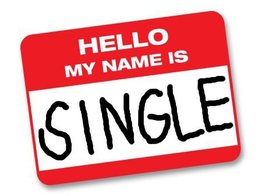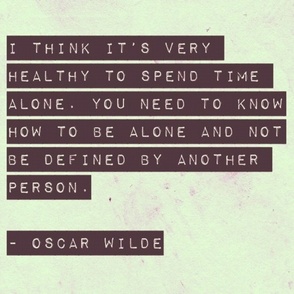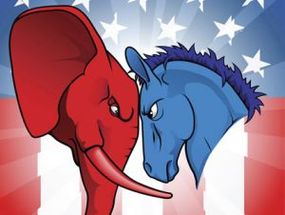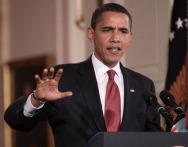
In our society, especially if you’re of a certain age, it’s expected for you to either be in a relationship or actively seeking one. Emphasis on dating starts early; 1st graders are often asked “do you have a girlfriend/boyfriend?” That being said, forbid you’re completely single (or not sexually active) and maybe feel alright with that, it raises questions and eyebrows. It’s assumed that something is off with you-you’re socially awkward, a workaholic, afraid of commitment, jaded and have trust issues, promiscuous, purposely single or secretly gay. If you discuss relationships or someone’s relationship specifically and you say something seemingly unsupportive, you’re just jealous. For example, I have never been a fan of P.D.A. (public displays of affection). I think it’s inappropriate and a little impolite to suck face or fondle your mate in public. I don’t do it now, and I’m in a relationship. Nonetheless, when I was single and complained about a couple at a pool, I was told “Oh, you’re just mad because you don’t have someone to do that with.” I thought “Why do they think I’m jealous? Oh, yeah, I’m so jealous of all the frustration and crying fits you go through with your partner…” If not jealous, it’s presumed your quietly lonely, sad and want to be set-up. One friend told me people think they’re doing her a favor by constantly trying to set her up and don’t believe that she’s ok with her current single status.






 RSS Feed
RSS Feed